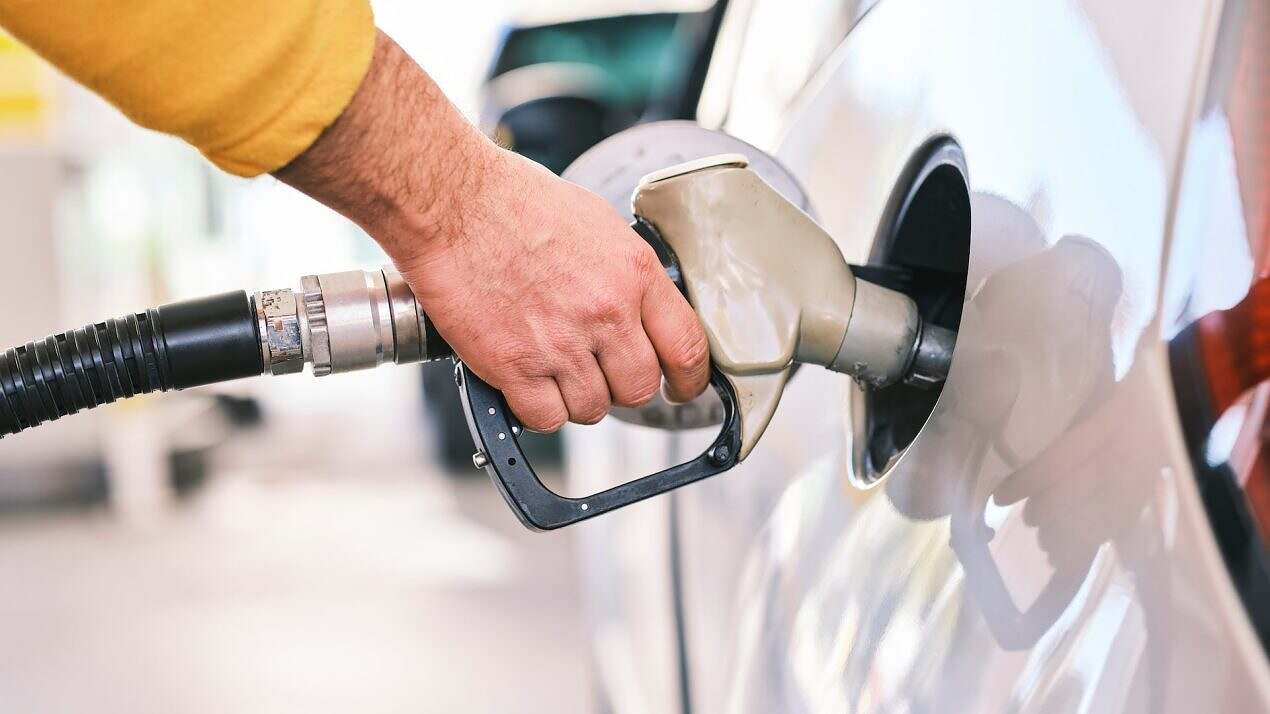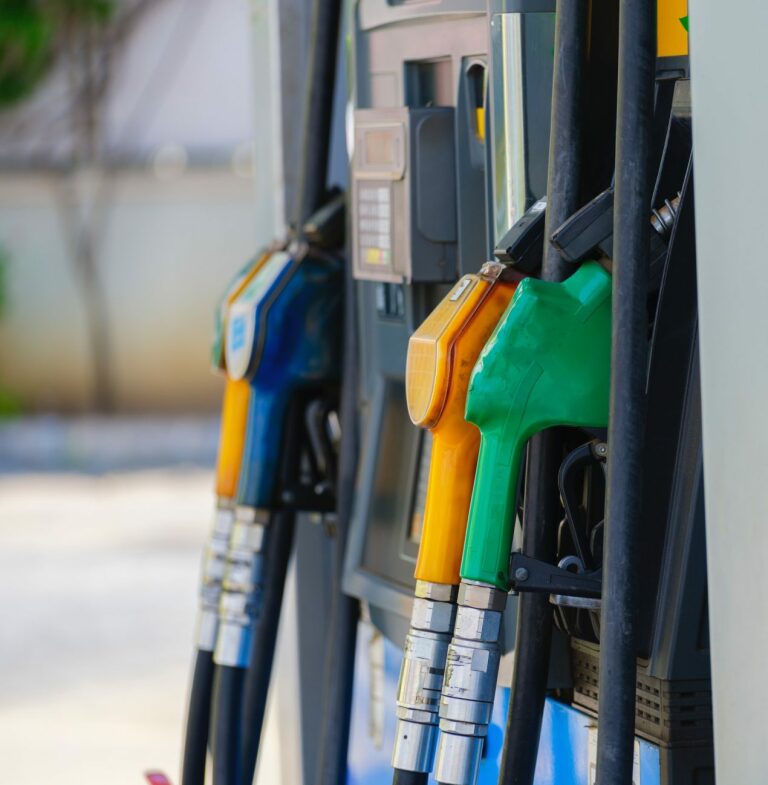When it comes to fuel, there are a ton of different numbers and labels out there. Understanding which fuel is right for your SUV can be challenging, especially when you consider how many different factors come into play.
Is that cheap gas also going to give you the best performance? Will that premium fuel make a difference? How much of an impact does the octane rating have on my SUV? If you’re a new driver or just someone who hasn’t spent much time thinking about how different fuels affect your car’s performance, then this guide is for you.
Continue to read this story, so together we can explore everything you need to know about fuel grades and their effects on SUV performance and MPG (Miles Per Gallon) mileage.

What is Octane Rating?
Octane rating is a measure of a fuel’s ability to resist engine knock. Engine knock is a phenomenon in internal combustion engines in which the fuel/air mixture ignites prematurely, sometimes even before the spark plugs ignite the mixture.
This pre-ignition is harmful to the engine, as it causes a “pinging” sound, knocks the pistons and causes engine damage. A fuel’s octane rating is primarily determined by its chemical composition. Fuels with a higher octane rating are more resistant to knock than fuels with a lower octane rating. The octane rating of a fuel is determined by two things: the amount of BTUs per gallon, and the amount of oxygen per gallon.
How Fuel Grade Affects an SUV’s Performance
All fuels are created equal, right? This is true to a certain extent, but there are differences in the energy content of different gasoline grades. Some of these fuels may be better for your SUV than others.
If you have a sports car, an engine designed to run exclusively on high-octane fuel may perform poorly when mixed with a lower-grade fuel. The octane content of gasoline is measured by its Research Octane Number (RON), while the average octane rating of a batch of fuel can be measured by its Motor Octane Number (MON). The difference between the two is indicative of volatility. So, the more volatile a fuel is, the lower its octane rating.

Which Fuel Has the Highest Octane Rating?
Depending on where you live, you might see a couple of different types of gasoline at your local gas station. If you’re in the United States, you’re likely to find two kinds of fuel:
- If you’re in the Northeast, you may see 89-octane regular gasoline.
- If you’re in while in California, you’ll see 89-octane premium gasoline.
The octane rating for these two fuels is 89, making it the highest octane rating available. Octane ratings are set by the Environmental Protection Agency (EPA), and they vary by region. This is because fuels of different octane ratings have different energy contents.
Which Fuel Has the Lowest Octane Rating?
The fuel with the lowest octane rating is usually a gas that’s blended with ethanol, like E10. In general, fuels with low octane ratings have lower energy contents, making them cheaper to make.
The octane rating of this type of fuel is around 87, making it the lowest available on the market. This can be problematic for drivers of sports cars, which might not perform as well with a lower-octane fuel.
How Does Fuel Grade Affect Mileage/MPG?
The type of fuel you put in your SUV does not affect your mileage – well, at least not by much. And as we’ve learnt, using an octane grade not recommended by your SUV’s manufacturer may, in the long term harm its engine or lower your mileage.
According to the vehicle repair company Meineke ..
“On its own paying for premium gasoline does not make your car run better or get greater gas mileage“
Meineke auto repairs
However, if more mileage is what you want from your SUV you may achieve this by installing a fuel-saver device.
A fuel saver is a device that plugs into your vehicle’s fuel line and is designed to enhance your SUV’s performance, save fuel and reduce emissions. There are different types of fuel savers available on the market, each of which will produce different results. Using a fuel saver is easy and requires no modification of your car.

Does Brand Name or Cheap Gas Matter Most?
The only difference between the various fuel brands available is the additives they contain. However, these additives are not meant to improve your SUV’s performance, nor do they have any impact on your vehicle’s mileage.
The type of fuel you choose only matters if you have a sports car or an engine designed to run on high-octane fuel. In this case, you should always choose a fuel with a higher octane rating. Fuel grade has no impact on your mileage. You should be wary of putting high-octane fuel in a vehicle designed for lower-octane gas, as it can cause your engine to perform poorly.
Final Words
Choosing the proper fuel is one of the most important things to do when maintaining your SUV. As you can see from this guide, the type of fuel you choose does have a significant impact on your SUV’s performance.
There are different types of fuel available, and each one is designed for specific types of engines. Depending on the type of SUV you drive, you may have to choose between regular and premium fuel. To get the most out of your engine, you need to choose the right type of fuel.



